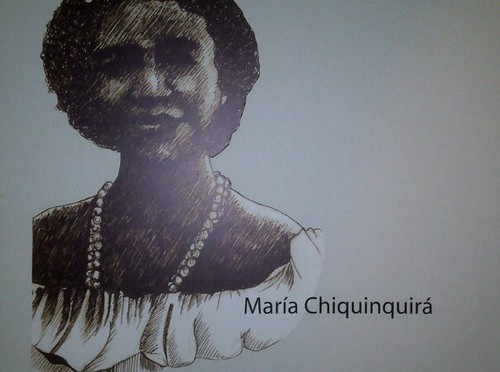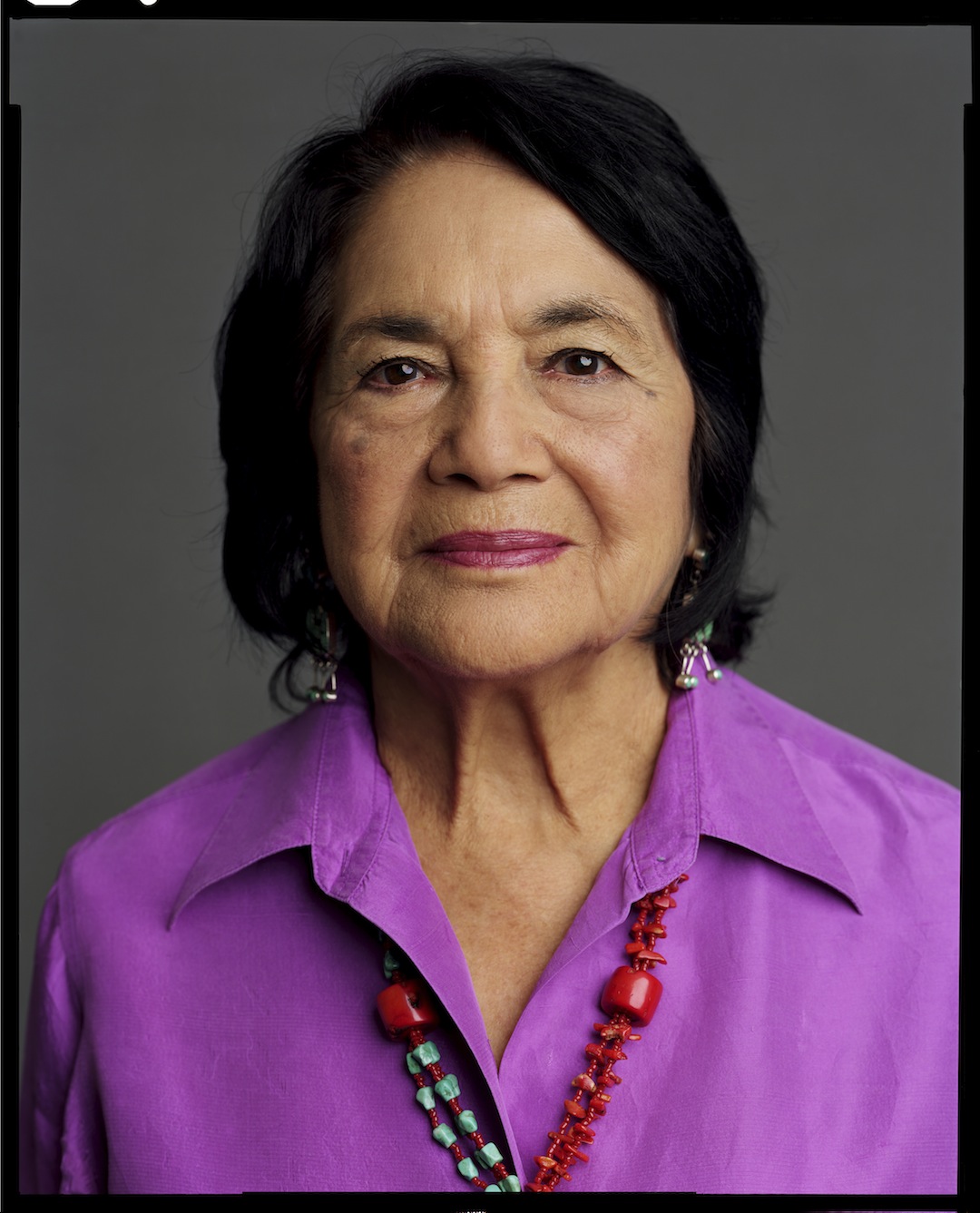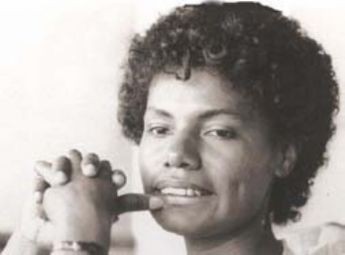by Vanessa Erazo
February 20, 2013 1:00 PM
Actors of color contend with stereotypes and typecasting on a daily
basis. In Hollywood, even in the ‘post-racial era’ an actor’s ethnicity
can severely limit the types of roles they are considered for. A Latino
actor often has no choice but to audition for roles as a gardener, maid,
or janitor and be asked to fake an accent. It’s not much better for
blacks.
Despite the success of black actors in mainstream blockbusters and
African-Americans having won Oscars in all the major acting categories,
it is still rare to have an all-black cast or to see a black actor in a
leading role in Hollywood. Most of the roles offered in mainstream
movies to a person of color are that of the token minority. Either that
or you play a criminal, thug, gangbanger, or sometimes a reformed
criminal trying to change your life around.
What if you happen to be Latino and black? Well, things get even more complicated. Early last year
mun2, an English-language television network targeting U.S.-born Latinos, took on this very issue in a short web documentary called
Black and Latino.
Actors, musicians, and journalists like Christina Milian, Tatyana Ali,
and Judy Reyes take on the question, “What does it mean to be black and
Latino in the U.S.?”
Watch the full doc
here.
Black and Latino features interviews with Latino actors Laz Alonso (Avatar, Jumping the Broom), Tatyana Ali (Fresh Prince of Bel Air), Gina Torres (Suits, Hercules: The Legendary Journeys) and Judy Reyes (Scrubs), musicians Christina Milian ("Dip it Low") and Kat DeLuna ("Whine Up"), and journalist Soledad O'Brien (CNN), among many others.
Afro-Latino actors are a conundrum for casting directors who are
looking for a more ‘typical’ Latino look (read as light-skinned and
Mexican). They end up booking more African-American roles because they
don’t fit the stereotype of what Latinos look like. In
Black and Latino
actress Gina Torres explains, “When I became an actress I quickly
realized that the world liked their Latinas to look Italian, not like
me. So I wasn't going up for Latina parts. I was going up for
African-American parts.”
Beyond the acting world Afro-Latinos contend with a host of issues.
They have to fight for acceptance within the Latino community and
sometimes even within their own family (lighter skin is often considered
more desirable amongst Latinos). And to further complicate things many
Latinos are unaware of or even deny their African roots. But outside of
the Hollywood system, in the indie film world, there are Latinos who
have embraced their African heritage and focused their cameras on
Afro-Latinos. LatinoBuzz talked to some Afro-Latina filmmakers who have
decided to tell their own stories. Who needs Hollywood anyway? Here are
three documentaries that are currently in production.












